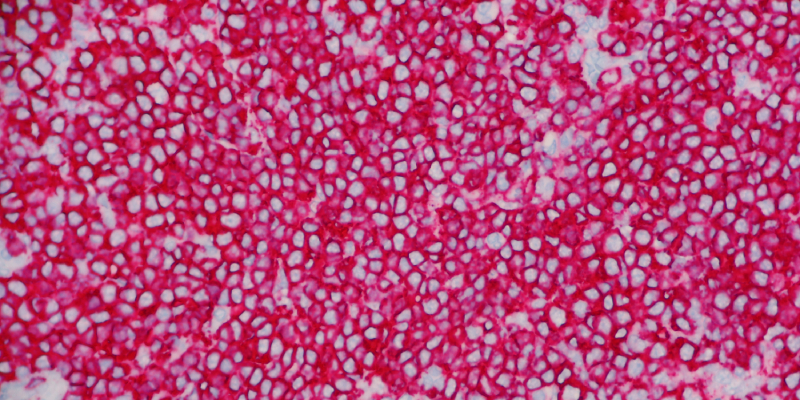
The bispecific antibody odronextamab demonstrated “compelling” efficacy in patients with relapsed or refractory grade I-IIIa follicular lymphoma (FL) and had a manageable safety profile when given in a step-up fashion, according to results from the ELM-2 study that were presented at the 2022 American Society of Hematology Annual Meeting.
Previously published phase I data indicated that odronextamab yielded an overall response rate (ORR) of 91% and a complete remission rate of 72% in this patient population. Tae Min Kim, MD, PhD, of Seoul National University Hospital in Seoul, Korea, and colleagues published data from the ELM-2 study, which tested odronextamab using an optimized step-up regimen.
ELM-2 enrolled patients who had relapsed disease or were refractory to two or more prior lines of therapy, including an anti-CD20 antibody and alkylator. Intravenous odronextamab was given in 21-day cycles with weekly step-up dosing.
The initial step-up regimen consisted of 1 mg split over days one and two of cycle one and 20 mg split over days eight and nine of cycle one, followed by the 80 mg full dose on day 15 of cycle one (1/20 regimen). The 1/20 regimen was revised during the study to further mitigate cytokine release syndrome (CRS) risk by adding an intermediary step-up dose. The modified regimen consisted of 0.7 mg split over day one of cycle one (0.2 mg) and day two of cycle two (0.5 mg), 4 mg split over days eight and nine of cycle one, and 20 mg split over days 15 and 16 of cycle one, followed by the 80 mg full dose on day one of cycle two (0.7/4/20 regimen).
The researchers detailed safety (96 patients) and efficacy (85 patients) outcomes.
With a median duration of follow-up of 17.3 months, the ORR was 81%, with a complete remission rate of 75%. This high rate of response was consistent across high-risk subgroups, the researchers noted, including those aged 65 years or older, those who with a Follicular Lymphoma International Prognostic Index score of three to five, and patients who were refractory to their last line of therapy.
Responses were durable, with a median duration of response and a median duration of complete remission of 18.2 months. Median progression-free survival was 20.2 months, and median overall survival was not reached.
The step-up regimen was used in an attempt to minimize acute toxicity, including CRS. The most common treatment-emergent adverse events were CRS (51%), pyrexia (32%), anemia (31%), and infusion-related reaction (31%). After implementation of the modified step-up regimen, no grade ≥2 CRS events occurred. Grade 1 CRS occurred in 39% of patients.
“Odronextamab may represent an important treatment option for relapsed/refractory FL, providing a more accessible option with favorable benefit/risk compared with existing therapies including chimeric antigen receptor T-cell therapy,” the researchers concluded.
Reference
Kim TM, Taszner M, Cho S-G, et al. Odronextamab in patients with relapsed/refractory (R/R) follicular lymphoma (FL) grade 1–3a: results from a prespecified analysis of the pivotal phase II study ELM-2. Abstract #949. Presented at the 64th American Society of Hematology Annual Meeting, December 10-13, 2022; New Orleans, Louisiana.

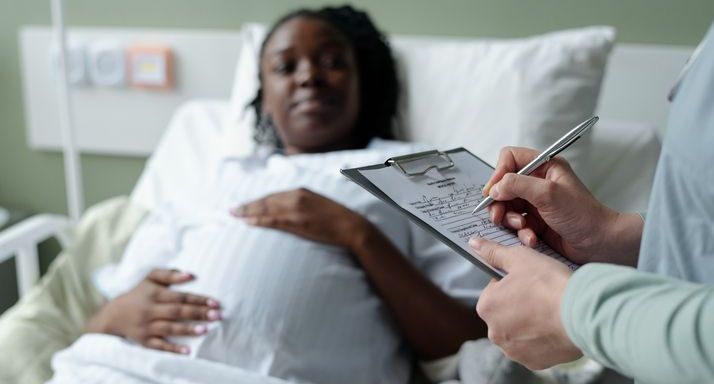
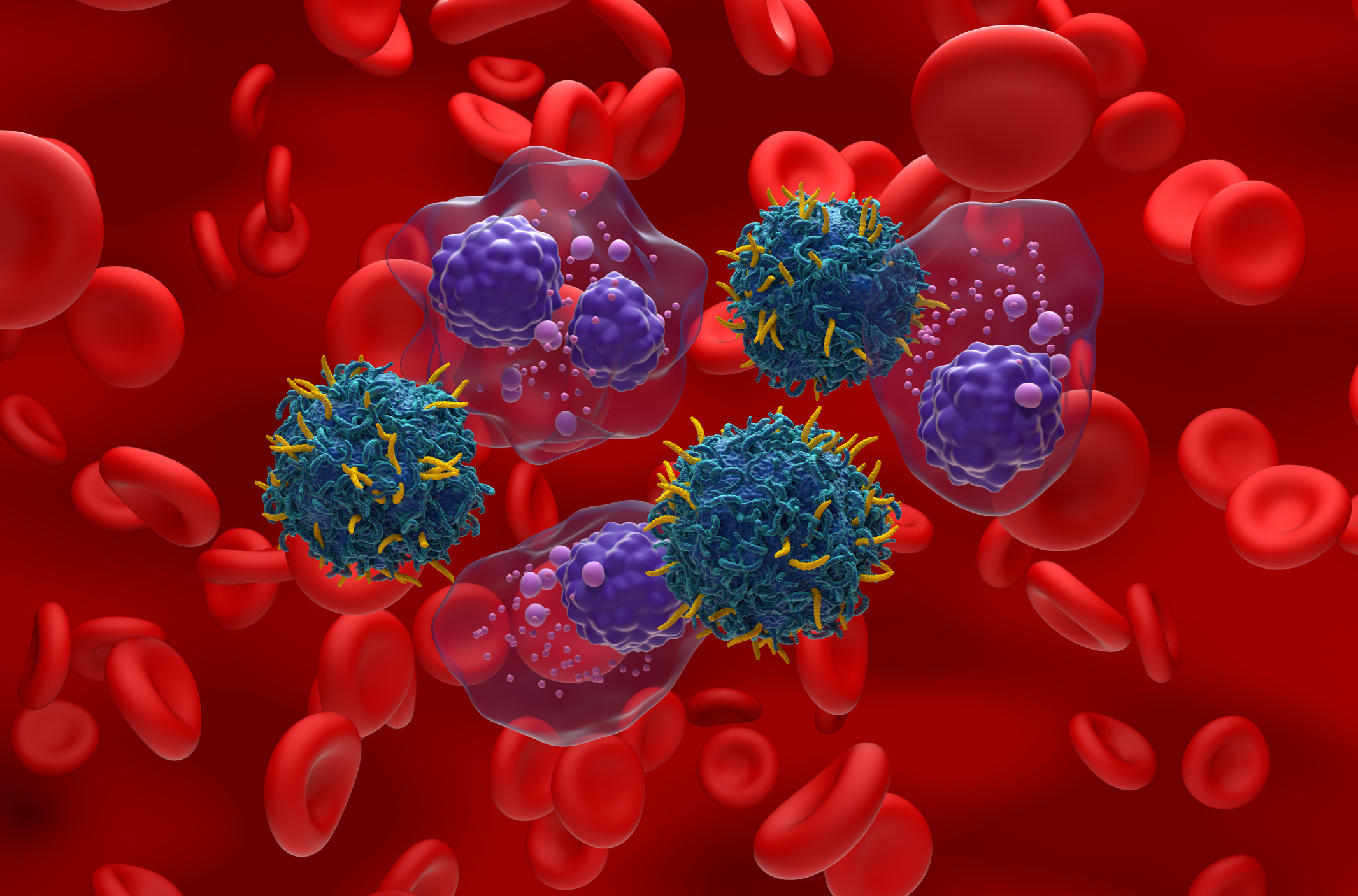
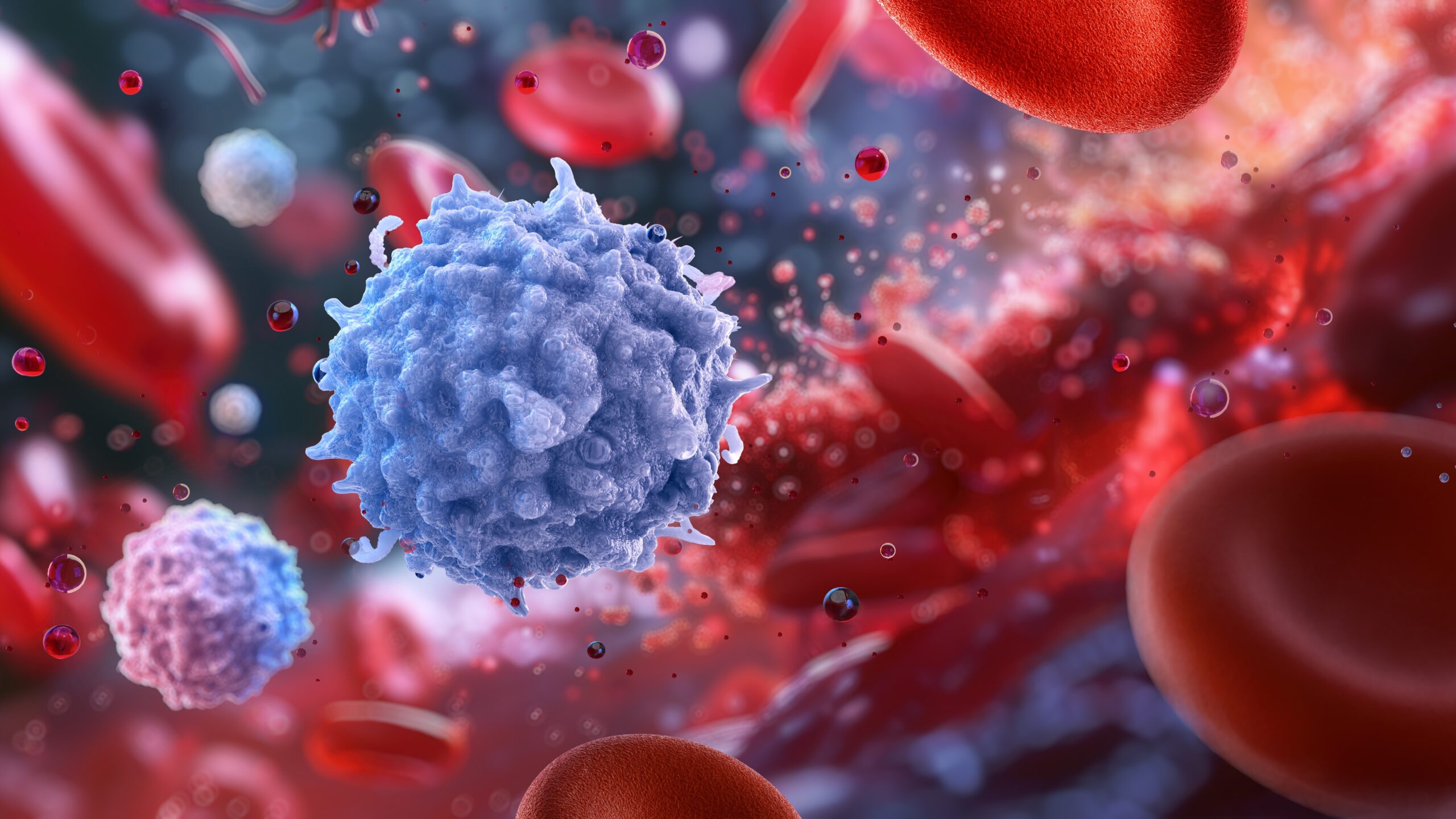
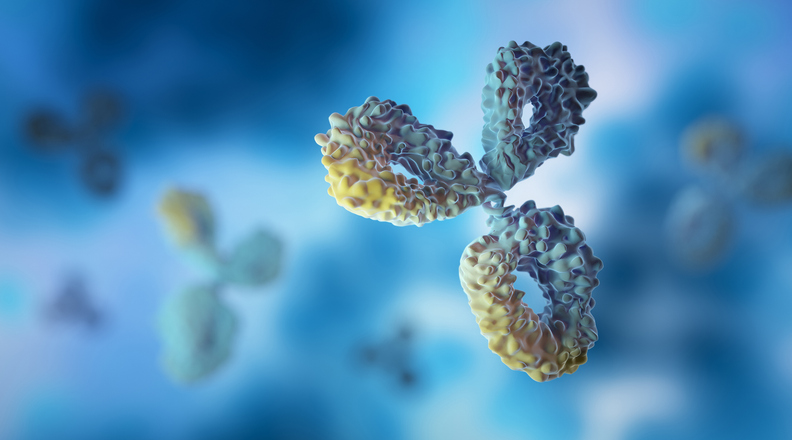
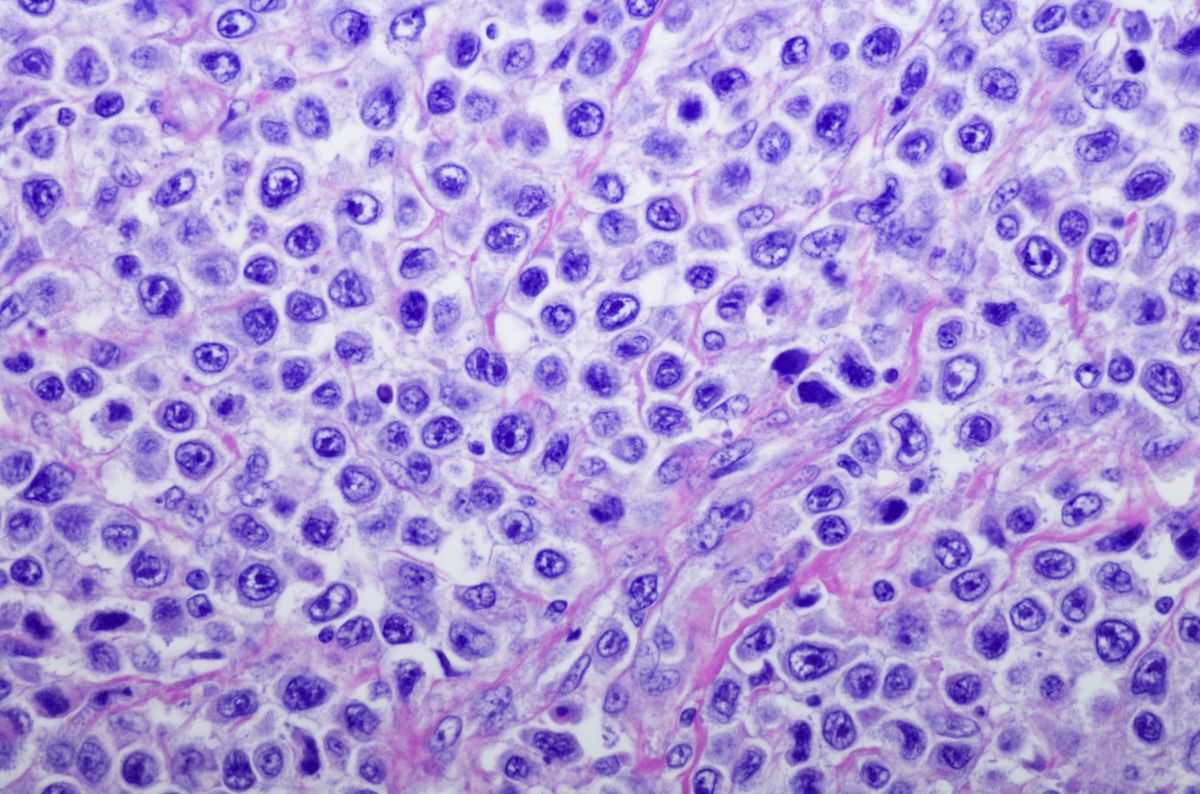
 © 2025 Mashup Media, LLC, a Formedics Property. All Rights Reserved.
© 2025 Mashup Media, LLC, a Formedics Property. All Rights Reserved.